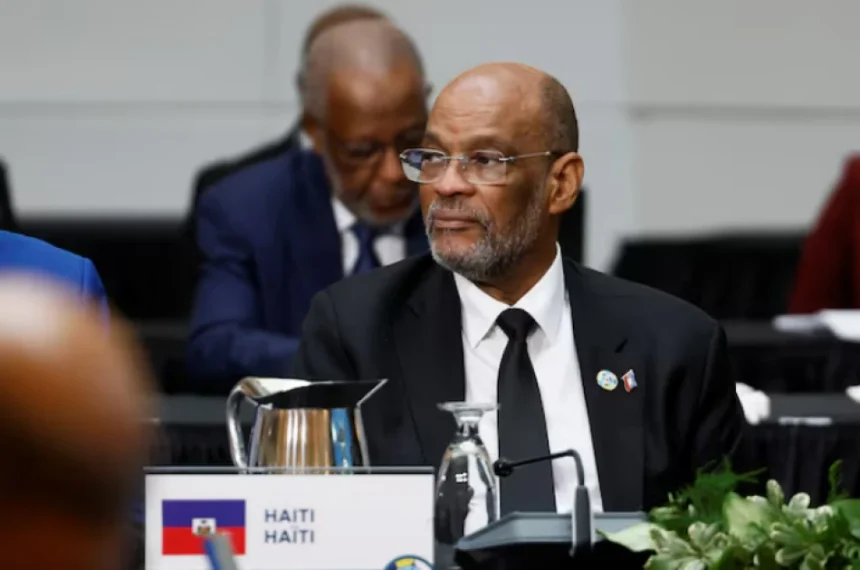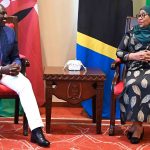Haitian Prime Minister Ariel Henry has resigned, his office said on Thursday, as a transitional council took power intending to return stability to a country where gang violence has caused chaos and misery.
Henry’s finance minister, Michel Patrick Boisvert, will be interim prime minister, according to the nation’s official gazette.
“Today is an important day in the life of our dear republic, this day in effect opens a view to a solution… to the multidimensional crises the country faces,” Boisvert said after the formal swearing-in of the transitional council on Thursday morning.
In a letter dated Wednesday and shared on social media on Thursday, Henry said his administration had “served the nation in difficult times.”
Haiti’s outgoing government formalized the transition process two weeks ago, a month after Henry announced he would resign once the council was in place.
Henry left Haiti in February to seek international help for police in their battles with armed and powerful gangs. But he was left stranded outside the country as alliances of the gangs threatened to completely take over the capital. Struggling to return, Henry announced his intended resignation.
Gang violence, which has been a problem in Haiti for years, escalated earlier this year. More than 2,500 people were killed or injured in gang violence from January through March, recent data from the United Nations Integrated Office in Haiti (BINUH) showed.
The security situation has also displaced thousands and caused catastrophic hunger.
The voting members of the transitional council are former central bank governor Fritz Alphonse Jean; former ambassador to the Dominican Republic Smith Augustin; barrister Emmanuel Vertilaire; former senate president Edgard Leblanc; ex-senator Louis Gerald Gilles; businessman Laurent Saint-Cyr; and Leslie Voltaire, a former diplomat.
The non-voting observers are evangelical pastors Frinel Joseph and Regine Abraham, who previously worked for the World Bank and the country’s environment ministry.
“The swearing-in of Transitional Presidential Council members represents a vital step in Haiti’s return to inclusive governance,” Brian A. Nichols, Assistant Secretary for Western Hemisphere Affairs at the U.S. State Department, said on social network X.
“We commend all participants for their commitment to pursue compromise and work together to improve the lives of all Haitians.”



